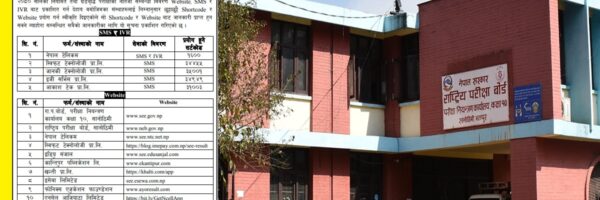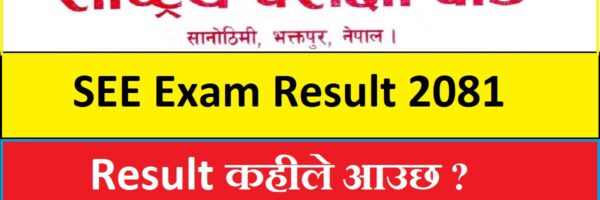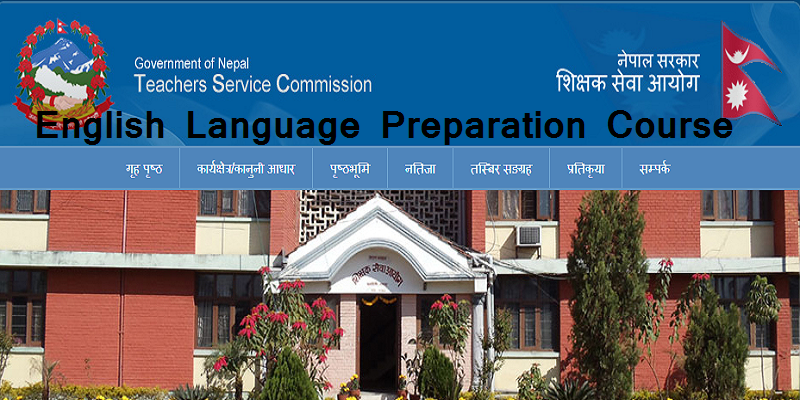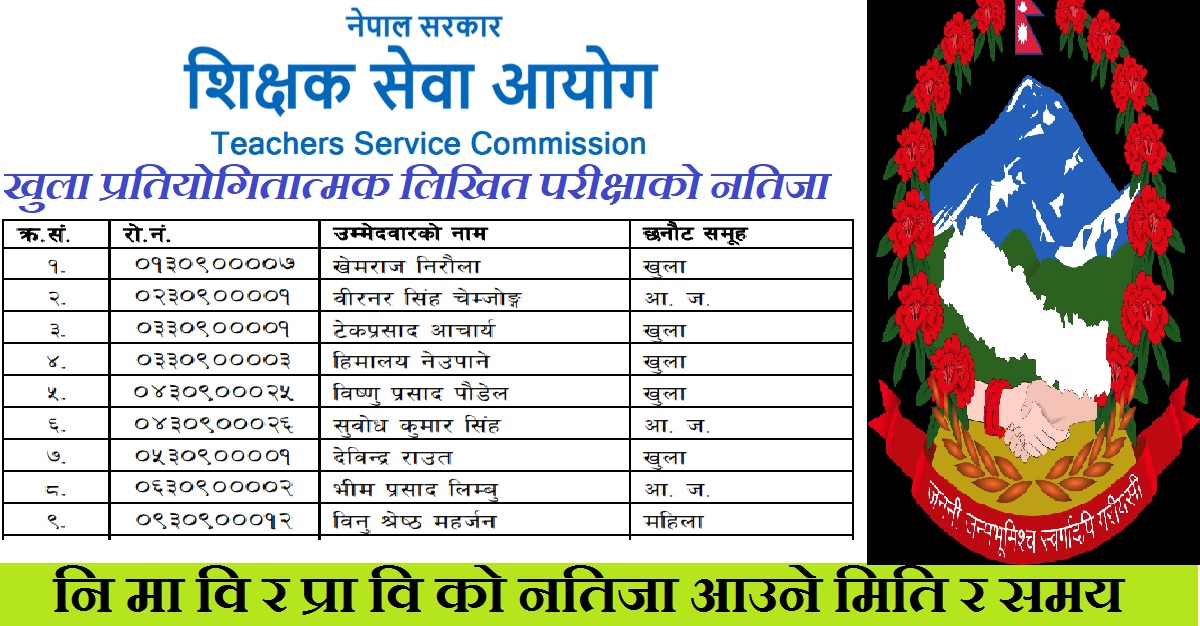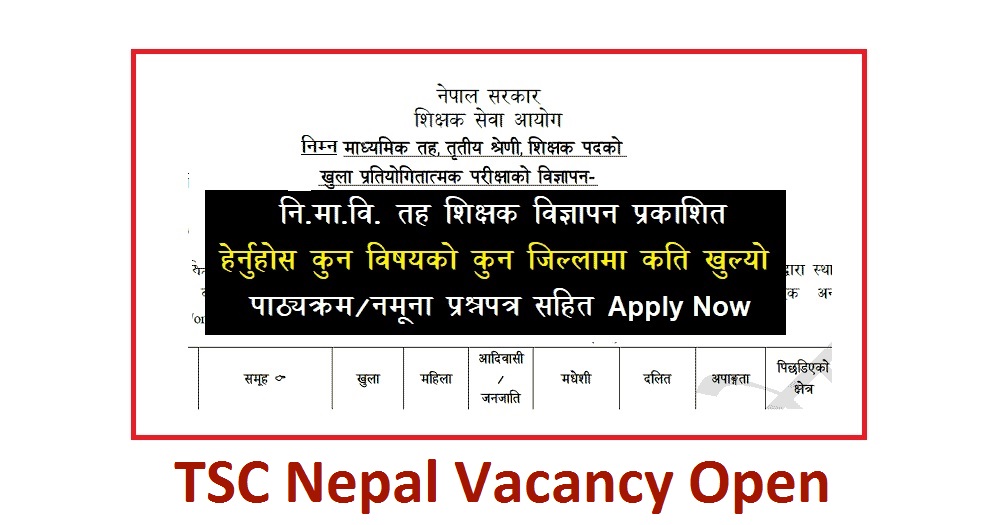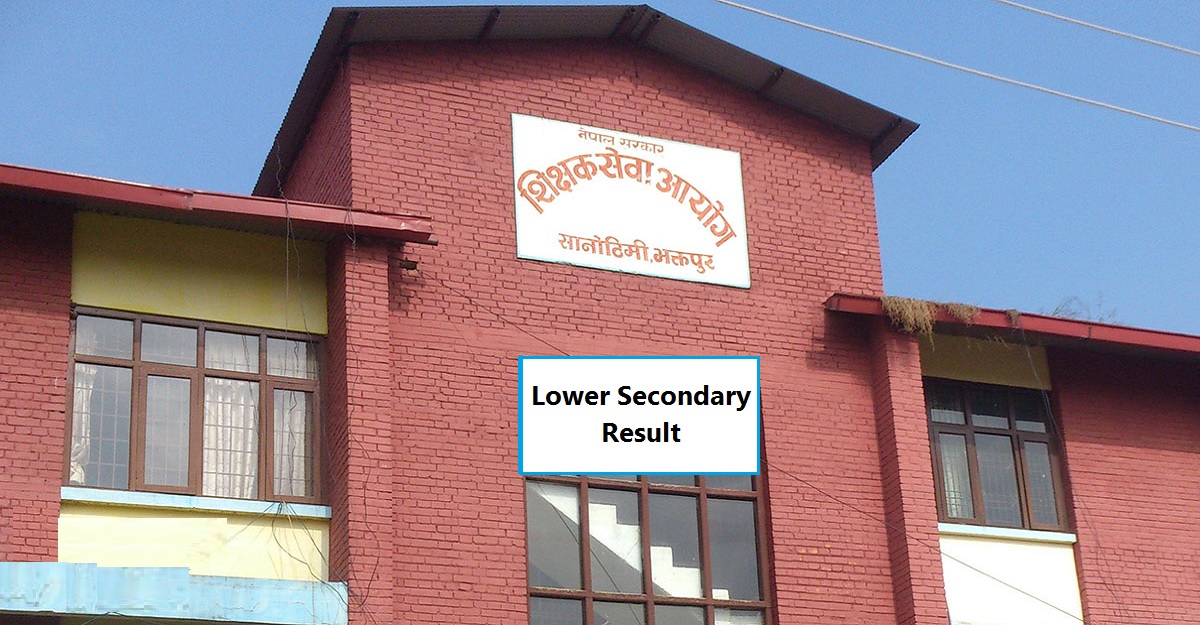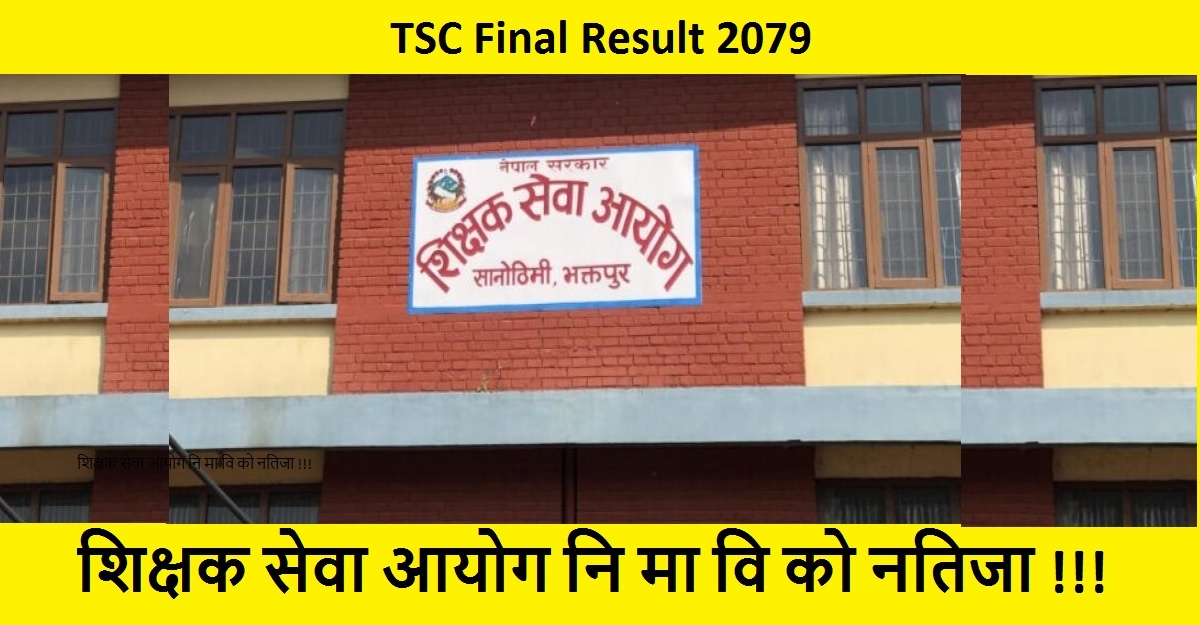English TSC Nepal is the forum for English language teachers. It is the preparation course for lower secondary level English teachers. We have been providing the subject wise preparation capsule.
Here in this article we provide you the material useful for teacher service commission. This platform can also be used for idea sharing. It can be shared among the English subject teachers.
TSC Nepal Guide
Table of Contents
Here we have included subjective question answer for teacher service commission exam. In this article we include English TSC related materials only. In the same site you can find many other useful materials. Here are some questions of English subject for lower secondary TSC exam.
How does the textbook link with the curriculum? Analyze the linkage between present lower secondary curriculum and textbook.
Since a text book is the book prepared on the basis of the contents prescribed in the curriculum there is a close linkage between curriculum and textbook. Although the textbook is a means of curriculum, in our Nepalese context it has been taken as a sole body of teaching learning activities conducted throughout the whole academic year.
It is taken as both curriculum and textbook. It shows that the role of textbook is even more significant than the curriculum.In our context textbook is the synonym of curriculum. If there is not any linkage between textbook and curriculum then the objectives of the curriculum cannot be fulfilled
The textbook of lower secondary level are written keeping all these things in mind. The contents of the curriculum are tried to be covered in the text book. Here we can say that textbooks are the means not the ends. In the curriculum eighteen different language functions are prescribed of grade six as contents. The textbook has been written based on those language functions and the skill wise outcomes of the curriculum.
Some Important English TSC Questions
In grade seven, there are twenty one language functions with their common exponents in the curriculum as contents. On the basis of those language functions and skill wise outcomes prescribed in the curriculum. Grade seven English textbook has been written. Similarly, grade eight textbook has covered twenty different language functions. Which are prescribed in the curriculum. It is covered in eighteen chapters of the book.
The exercise included in the textbook are supposed to prove sufficient practice to the students. So it helps for developing all four language skills of language so that the outcomes of the curriculum can be achieved easily. Similarly, the textbooks of lower secondary level seem to have covered the text items from diversified fields. Including literature to medical fields with the purpose of exposing students with vast treasure of knowledge.
From the above illustrations it can be said that there is close linkage between curriculum and textbook. It can be essential tool for achieving the objectives of the curriculum and educational goals of the curriculum.
We will provide daily update about TSC. Keep on visiting us daily. If you have any questions about TSC send us. It may help many other candidates of TSC. Lets us this forum for learning forum. Please send your constructive suggestions. Give us feedback. We welcome your kind suggestions. English TSC forum is your forum. Suggest us for betterment of English TSC forum.
How is the teacher’s guide an important reference material for an English teacher? Explain in brief.
Answer:
Any material which helps the teacher in teaching learning process is a reference material. Among them teacher’s guide is one of the most important reference materials for the teachers. While it guides them in their teaching learning process. On the basis of curriculum, textbooks are designed. Textbooks are only the means which help to achieve the objectives of curriculum. Here teacher’s guide works as a bridge between curriculum and textbook.
Textbook provides the contents to be taught. And it is the teacher’s guide which prescribes how to teach that content, which methods and techniques should be used, what types of activities should be carried out and how to evaluate the learners. All these things are clearly prescribed in teacher’s guide. Without the use of the teacher’s guide a teacher may be in the confusion how to teach that content given in the textbook. Therefore, a teacher must consult the teacher’s guide to make his/her teaching learning process easy, meaningful and effective. Teacher’s guide is important for:
- Making annual plan, unit plan and daily lesson plan.
- Assisting how to teach the contents given in the textbook.
- Selecting appropriate teaching learning methods and techniques.
- Developing classroom management skill.
- Selection appropriate teaching material.
- Selecting and designing appropriate additional teaching learning activities.
- Selecting and designing appropriate assessment tools.
Thus an English language teacher should always make teacher’s guide an inherent part of his/her classroom teaching. So it gives the way and direction to the teachers. Therefore, it is an important reference material not only for the English teacher but for all the teachers.
What do you mean by number and case in English grammar? Discuss.
Answer:
Number is one of the categories in the morphology of noun phrase constituents. There are two types of number in English, i.e. singular plural. For nouns and much of the times for personal pronouns, number is not determined by syntax. Rather selection of singular and plural is made on the basis of reference to something outside the grammar of the sentence. In broadest terms, number selection signifies whether the form refers to one thing, or more than one.
Case is another category in the morphology of noun phrase constituents in old English. It manifests a more elaborate system of grammatical category than the systems for the other two categories. There are five different cases of a noun. They are briefly described as below:
Nominative case
A noun or a pronoun, when it is used as the subject of a verb, it is said to be in the Nominative Case. For example, in the sentence he bought a book. He is the subject. Thus he is in nominative case.
Objective or Accusative Case [ For English TSC Nepal]
A noun or a pronoun, when it is used as the objective of a verb, it is said to be in the objective case, i.e. in the sentence ‘John killed a dog’ the noun dog is called the object and it is said in the objective cases.
Possessive or Genitive Case
A noun or pronoun, when it is used to show ownership or possession, authority, origin, kind etc. it is called possessive case. For example, boy’s, boys’, yours, ours, his, her etc.
Vocative case or Nominative case
When the noun is the name of a person spoken to or addressed, it is said to be in the vocative case or we call its case, the Nominative of address, for example in the sentence ‘sit down Peter’ Peter is addressed so Peter is in vocative case.
Dative case
When a noun indicates the indirect object of the verb- generally ‘Give’ it is said to be in the dative Case. The indirect object of a verb denotes the person to whom something is given for whom something is done. For example, in the sentence ‘David gave Mirza a pen’, Mirza was the person to whom David gave a pen. Thus the proper noun Mirza is in dative.



